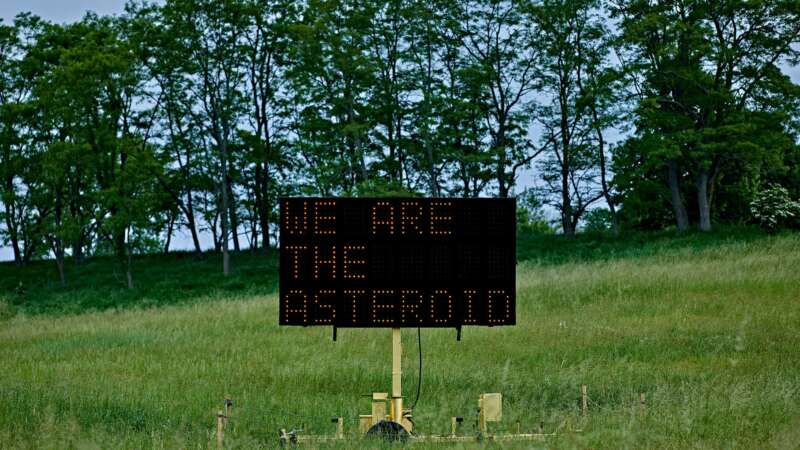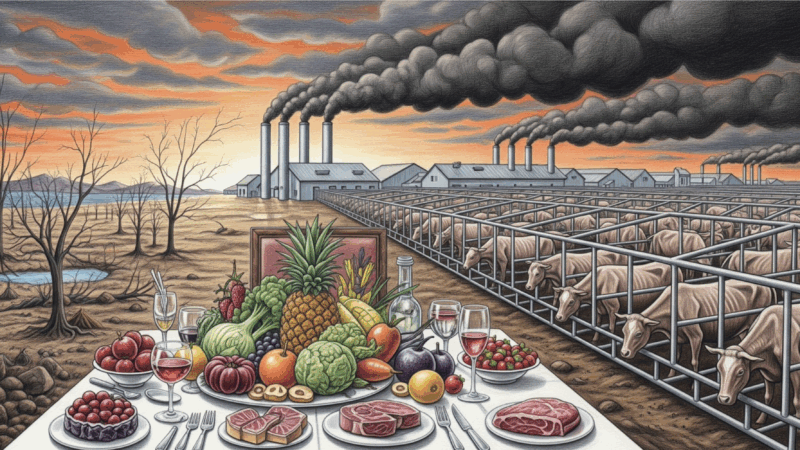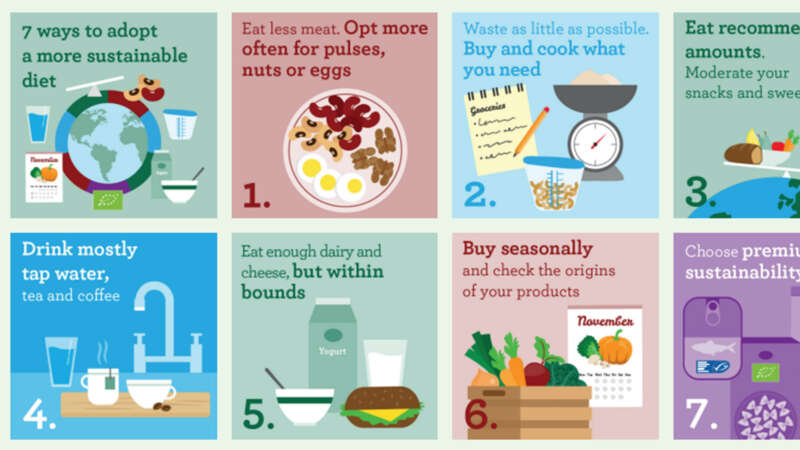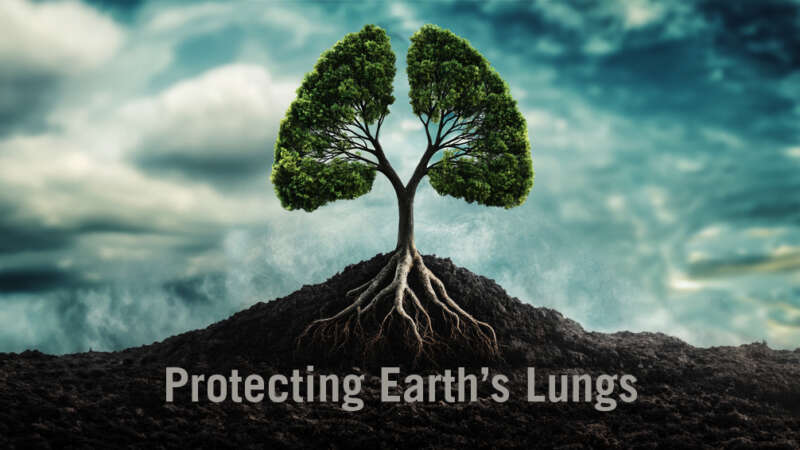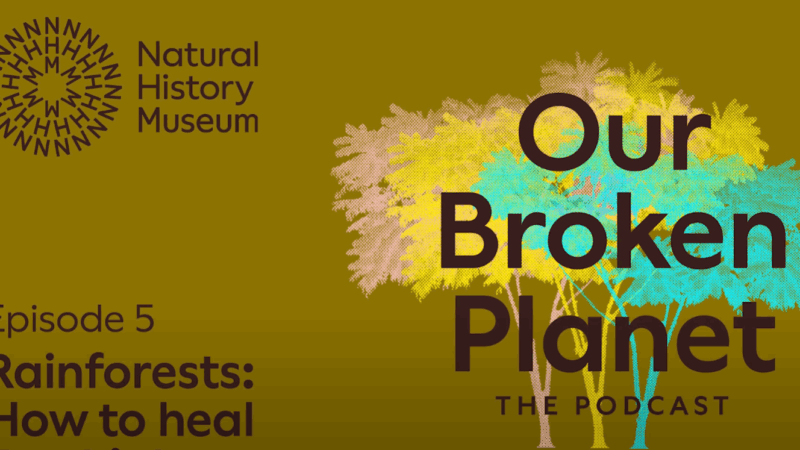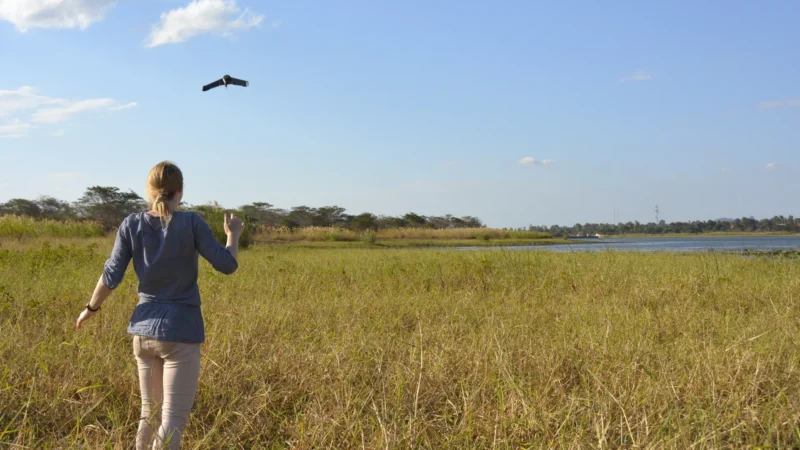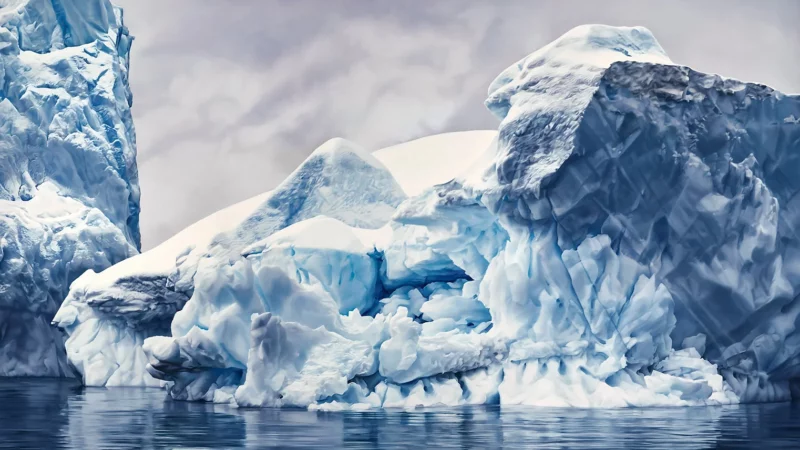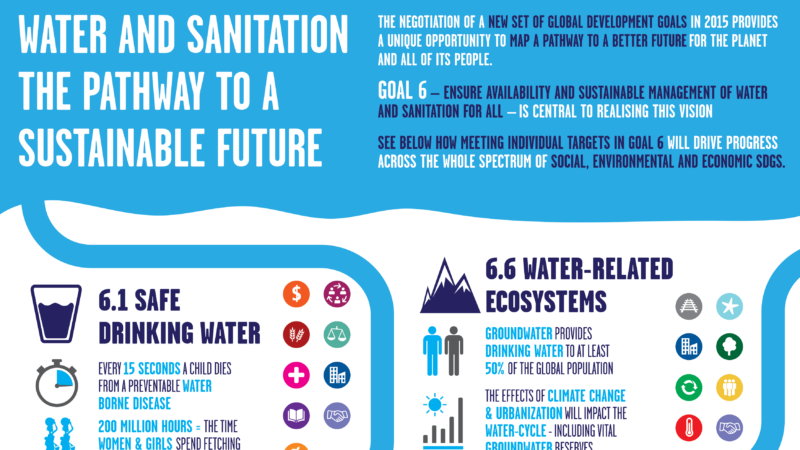Water
Justin Brice Guariglia: A Visual Provocateur
tin Brice Guariglia moves fluidly between art, science, and activism, all the while creating work that pushes its viewers to face the realities of a rapidly shifting planet. His practice grows out of collaborations with scientists, writers, and thinkers.
Guariglia’s perspective was transformed in 2015, when he joined NASA missions over Greenland to document its melting ice sheets. Seeing the scale of change firsthand reshaped his artistic direction and led to deeper partnerships with climate researchers. These experiences have since fed into everything from large-scale public installations to digital projects exploring sea-level rise. His ongoing work with research institutions and climate-focused organizations shows his genuine commitment to bridging scientific knowledge and public understanding.
Your Grass-fed Burger isn’t Better for the Planet
For years, ranchers and some conservationists have argued that grass-fed beef is better for the planet than conventional cattle.
But a study published [March 2025] in the Proceedings of the National Academy of Sciences challenges that idea, finding that cattle raised only on pastures do not have a smaller carbon footprint than feedlot cattle, which are quickly fattened on corn and other grains. This held even when the researchers took into account that healthy pastureland can help capture more carbon by pulling it out of the air and storing it in roots and other plant tissues.
How Your Plate Affects Your Planet
Humanity’s growing demand for animal meat is driving a planetary crisis, accelerating climate change, devastating ecosystems, and threatening public health.
Two grim, almost surreal, 26-story buildings tower over the southern outskirts of Enzhou, about 500 miles west of Shanghai in China’s Hubei province. No one would mistake them for apartment complexes despite their neat grid of window-like slots. Indeed, their main inhabitants are not human at all. The buildings are designed specifically to meet the biological and reproductive needs of 600,000 pigs each. Here they will be bred, farrowed, fattened, and finally slaughtered to meet the exploding animal protein needs of China, which consumes half the world’s pork and is also its biggest pork producer.
It is the world’s largest vertical pig farm, designed to manufacture 54,000 tonnes of pork every year. The building’s design reflects its unique function. Each of its six giant elevators can hoist a load of 10 tons, or about 100 pigs, at a time. Every utility and process, from the building’s water supply, electricity, and air conditioning, to its automatic feeding machines and smart air filtration and disinfection systems, can be monitored and controlled centrally from a NASA-like command center on the first floor. A stupendous amount of pig manure is processed daily in a biogas-driven waste treatment system and turned into electricity for lighting and heating the buildings. About 400 such ‘pig-rises’ could meet a part of China’s and the world’s growing appetite for animal proteins.
7 Steps to a More Sustainable Diet
Here are seven steps to a more sustainable diet.
Did you know that food production contributes about 21-37% of human-caused emissions?
To reduce your climate impact, eat more plant-based foods and reducing meat and dairy consumption, as these require fewer resources and produce fewer greenhouse gases.
Protecting Earth’s Lungs
Forests act as the planet’s terrestrial lungs. They provide us with fresh air, clean water, beautiful vistas and a sanctuary for countless wildlife.
But, today, more than ever, our forests are facing unprecedented threats from disease, climate change, mad-made destruction and harmful pests.
Join this documentary as it follows a group of professionals that developed, tested and formulated today’s forest health strategies to preserve the legacy of one of the planet’s most important resources – and to help us better understand and appreciate why we need to protect our forests.
This is a story that affects us all.
Our Broken Planet: How to heal our rainforests
Breathe in. Breathe out. The oxygen flowing through your body is the result of photosynthesis: the natural process through which living things convert sunlight into energy. About 30% of land-based photosynthesis happens in tropical rainforests. Rainforests are also great at sucking up excess carbon from the atmosphere – something we know we’ve got to do more of.
But in recent years, rainforests have been getting constricted: shrinking in size and choked up with smoke.
Listen to this podcast from the National History Museum to find out what’s going on and how we can help rainforests breathe deeply again.
Drones vs. Mosquitoes: Fighting malaria in Malawi
In the middle of a muddy field next to a reservoir in north-western Malawi, a team of scientists are hard at work. Boxes of equipment lie scattered around a patch of dry ground, where a scientist programmes an automated drone flight into a laptop perched on a metal box. The craggy peak of Linga Mountain (‘watch from afar’ in the local language) looms over the lake, casting its reflection in the water.
With a high-pitched whirr of rotor blades, the drone takes off and starts following the shoreline, taking photos as it goes. Once the drone is airborne, the team switch from high-tech to low-tech mode. They collect ladles, rulers and plastic containers and squelch through mud until they reach the water’s edge.
Zaria Forman: Drawing Attention to a Changing World
Zaria Forman, a contemporary artist residing in New York, creates astonishingly realistic drawings of arctic landscapes. Her extraordinary talent and methodology have gained her critical acclaim, establishing her as one of today’s most influential artists.
Forman uses her fingers and the palm of her hands almost exclusively to create her drawings of quickly disappearing glaciers and icebergs.
Gary White: Making Waves in the Fight for Clean Water
Gary White, Co-founder and CEO of Water.org and WaterEquity, is a visionary leader dedicated to addressing the worldwide water crisis. His commitment originated from observing the severe conditions experienced by communities in Honduras lacking safe water and sanitation facilities.
Committed to effecting change, he arranged a fundraising dinner that generated sufficient resources to provide water to a village. This act served as inspiration for establishing WaterPartners International, presently recognized as Water.org, an organization that has significantly improved the well-being of millions of individuals worldwide.
Clean Water and Sanitation: A Global Report Card
Clean water and sanitation is central to sustainable development and the post-2015 development agenda, with strong linkages to many of the other proposed Sustainable Development Goals. Learn more through the excellent infographics provided below, and do remember to share this important knowledge with friends and family.
Credits: Unilever for World Water Day
